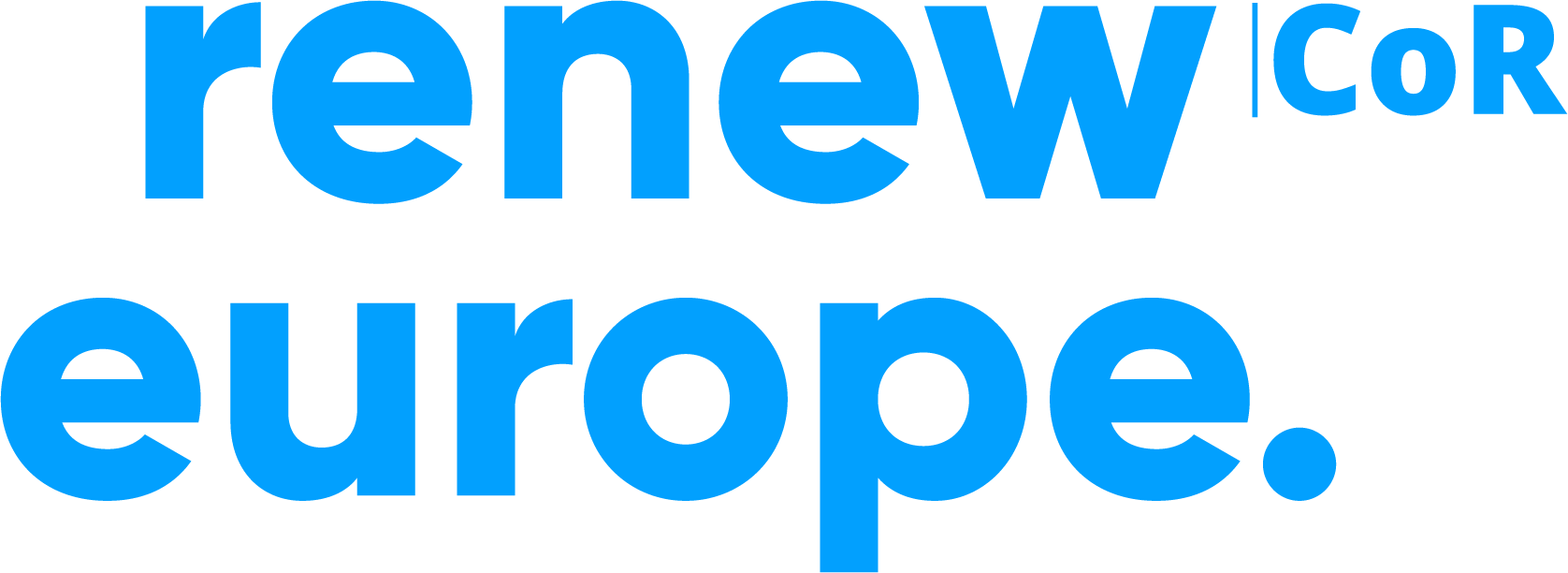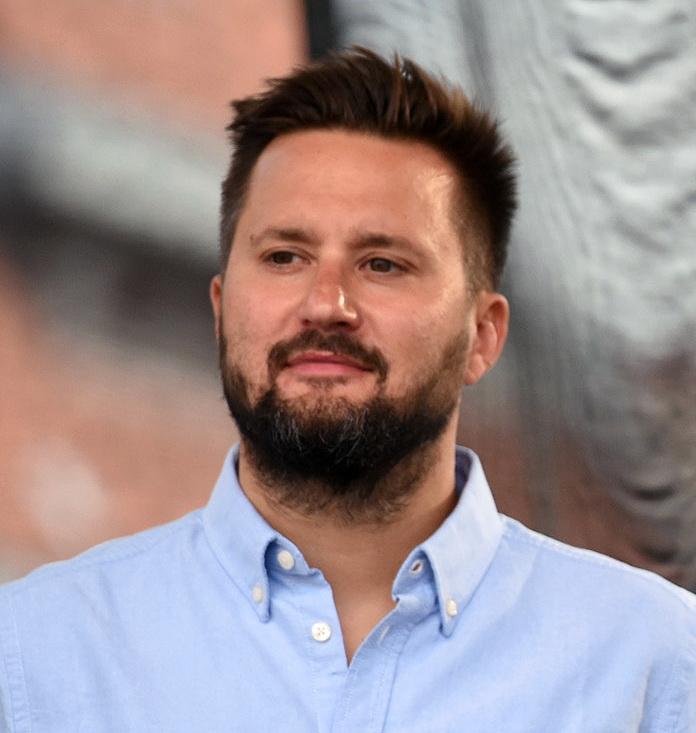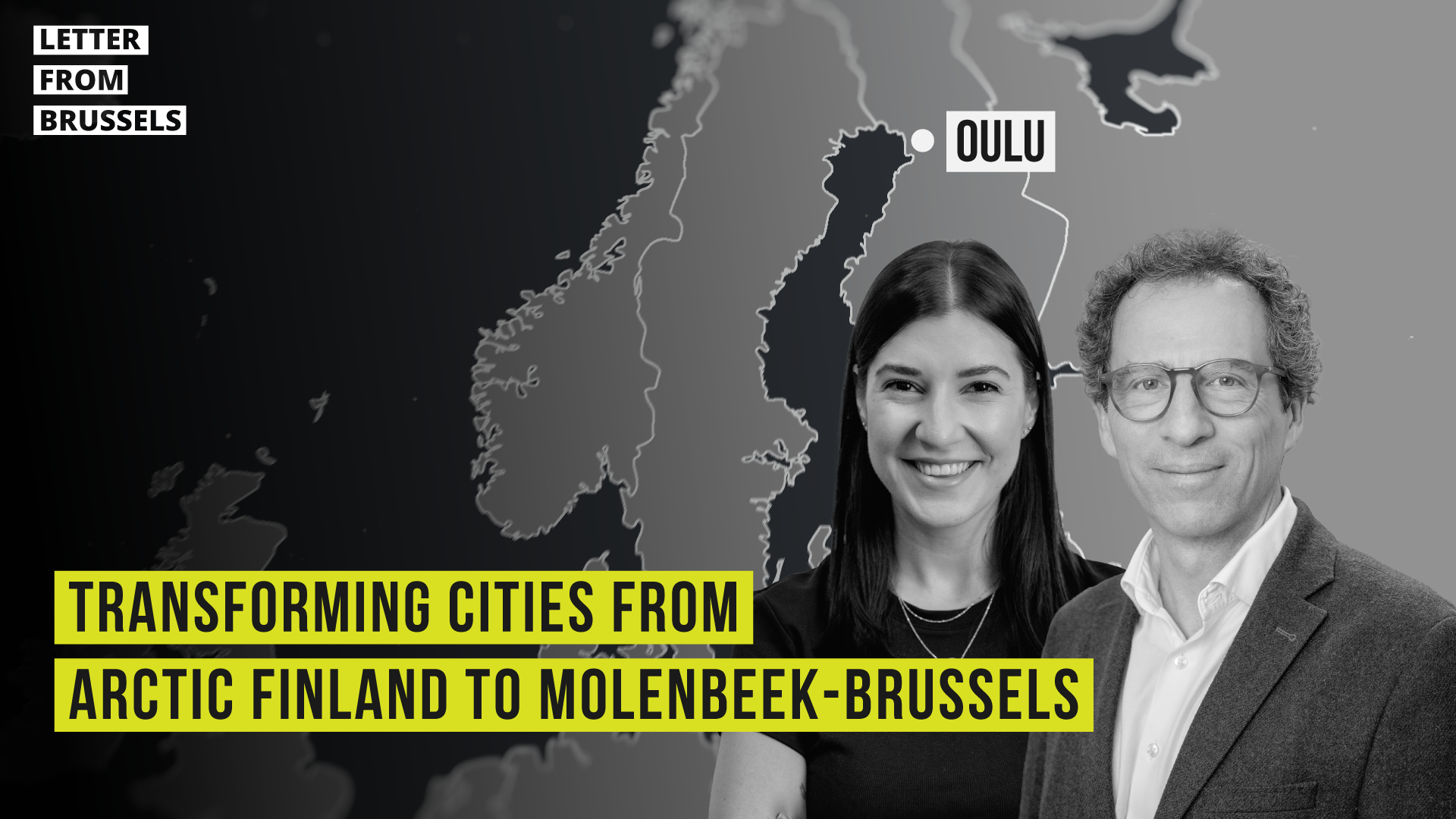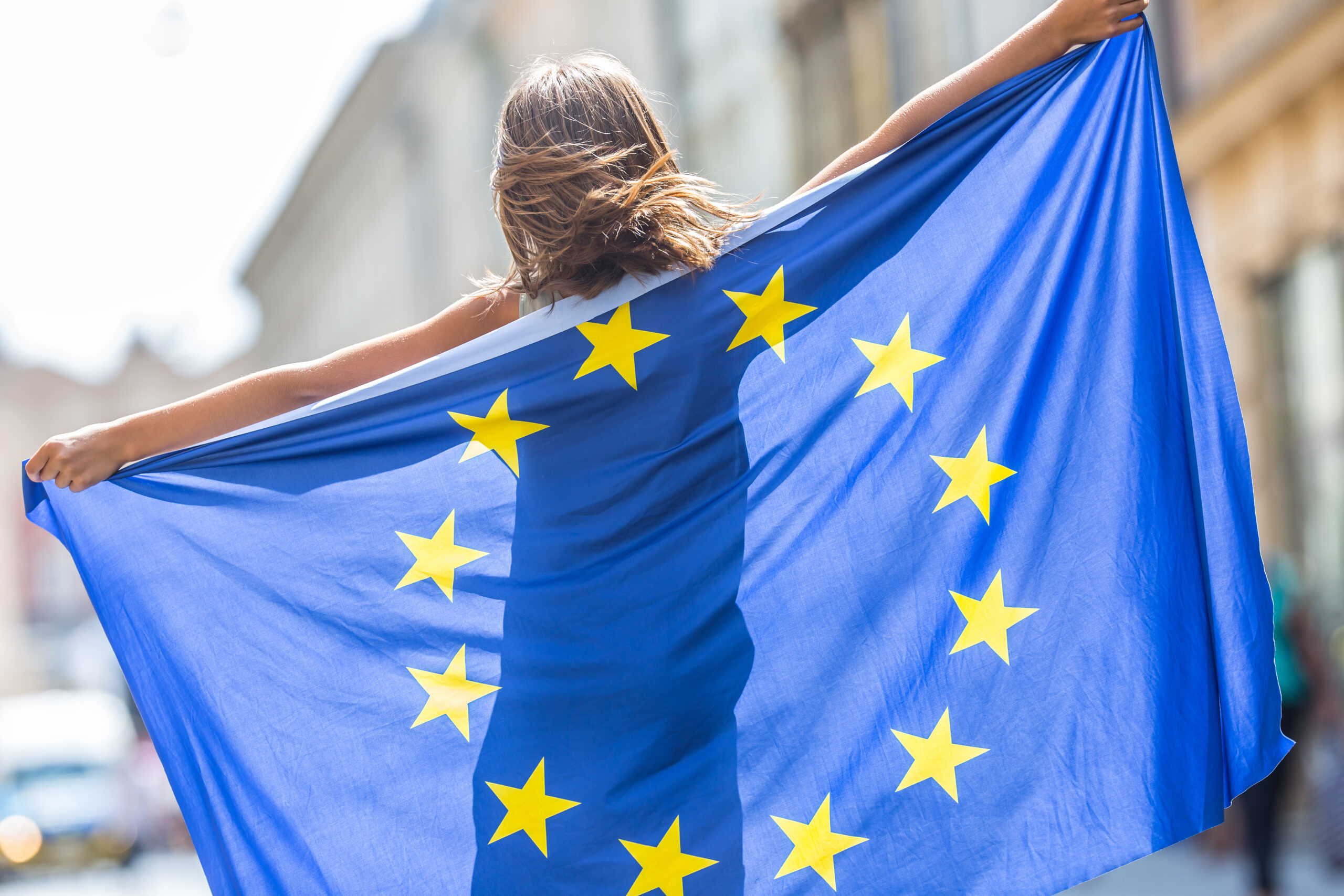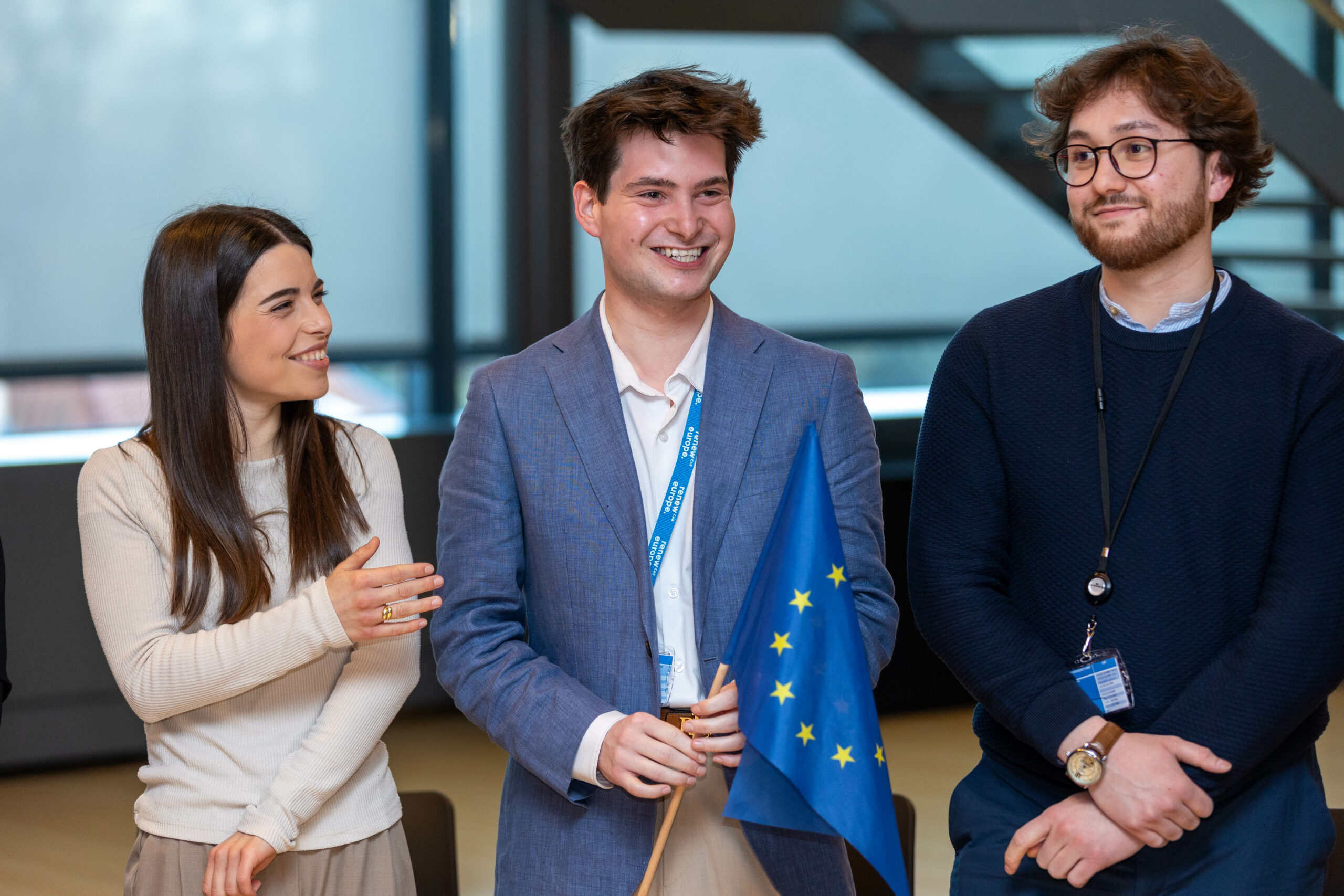Matúš Vallo, Mayor of Bratislava, is a new member of Renew Europe in the European Committee of the Regions. He discusses the fight in his city against COVID-19 and the Free Cities Pact, as well as how he sees Bratislava connecting to the European level.
FIGHTING COVID-19
What are you doing to fight the Corona-virus? Which concrete measures did you take?
Already from the very beginning, Bratislava cooperates intensively with the Central Emergency Committee of Slovakia and coordinates its activities with both the Bratislava Self-Governing Region and 17 city districts. Moreover, in order to strengthen our own coordination capacity and our ability to effectively address the city’s key issues during the pandemic, we set up our own crisis centre and crisis teams for the most vulnerable groups of citizens, such as seniors and homeless people.
Bratislava was the first city in Slovakia where schools were closed or strict measures implemented in senior homes – even before the first confirmed case in Slovakia, we opened the quarantine city for homeless people and many more. What we focused on, in order to slow down the spread of the virus, was encouraging people to behave responsibly and to be disciplined. In this context, we launched a communication campaign “Our only vaccine is our discipline”. In this campaign we used cartoon leaflets to communicate key measures to citizens that need to be followed to fight this corona outbreak.
I personally consider communication towards our citizens to be crucial for managing this situation. Available and updated information about current situation and measures taken by the city is extremely important. That is why we launched a website with a package of recommendations and all updates to the current situation (www.zvladneme.to or “we can do it”) and I regularly answer citizens’ questions via a live stream on Facebook.
(Continue reading under the picture)
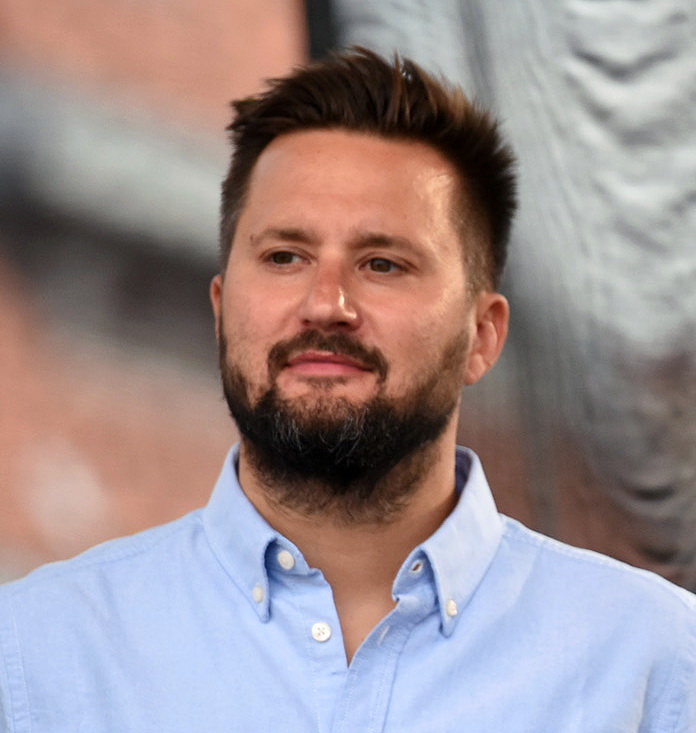
Matúš Vallo in 2017 (Wikipedia)
You wrote the ‘Plan Bratislava Book’, a 300-page programme, on which you worked with more than 70 experts for two years. How will the COVID pandemic change this plan?
It will significantly change the plan, as our city has also changed in recent weeks. The way we meet, how we live – everything has changed. When I see the empty streets of Bratislava – I am proud that people are disciplined but at the same time, Bratislava without people is sad to look at. If anyone ever doubted that cities are mainly made by and for people who live and work in it – this is the proof.
Plan Bratislava was not supposed to be just a vision but also a very clear programme how to make Bratislava better – a plan for better public transport, more greenery, better public space and better care for the most vulnerable citizens. For a year and a half, me and my team designed and sought finances and suppliers for these goals and under normal circumstances, we could see many positive changes already this year. Instead, we are trying to fight the corona virus and its consequences for our city, its citizens, and for the economy. I can no longer encourage people to take public transport. Roads are empty and driving is safer. We will try to implement the maximum number of prepared projects, but we already know that not everything we prepared will be realized in time. For now, I have a new task, in which, together with my colleagues, I am putting the same energy as into the previous one – to take Bratislava and its inhabitants through this crisis, to find all the means and devote all our strength to make it happen….and we can make it.
As Mayor, you signed with the Mayors of Prague, Warsaw and Budapest a Free Cities Pact. What does this entail? Why did you set up the initiative?
The V4 capitals share rather similar historical experiences when it comes to last three decades of social and economic transformation, accompanied by pro-democracy movements. As the result, our cities are nowadays centres of great diversity whether it comes to nationality, ethnicity, social or political orientation which is determined by atmosphere of openness and mutual tolerance.
The times we get to live in are, however, often challenging for maintaining such attributes due to various reasons and we as mayors find it extremely crucial to remind all of us of the values that bring us together and enable us to proudly label ourselves as free cities. Moreover, our cities are the engines of growth and innovation in the region and this brings us both opportunities and responsibilities. Therefore, we decided to build on our similarities, intensify mutual collaboration and together embark on tackling the increasing number of challenges cities worldwide face. In our European context, in order to fulfill these new responsibilities while providing high-quality services for our residents, we recognise the need for making ourselves more audible while calling for increased transparency, fair financing of municipalities and last but not least responding to climate change related issues. At the same time, these actions constitute preconditions for empowering cities with further competencies in this regard as well as for making them an integral part of domestic policies.
What initiatives can the Free Cities Pact take in the coming years considering the new reality we are facing?
We believe that our partners on the national level all over Europe will soon recognise the irreplaceable role cities have to play while targeting global challenges, of which the most recent situation is just one of the examples. We all need to strive for enhanced cooperation, especially when considering the newest prognosis for urbanisation which implies that the situation in cities might get even more alarming with increasing number of residents, requiring cities’ services.
With this in mind, we will continue to jointly advocate towards EU institutions, agencies and decision makers for prospective EU urban programmes that would facilitate better access of cities to direct funding. Simultaneously, we will focus on co-ordinating our efforts to advocate city-tailored solutions and necessary means for local authorities in the European policies, including Cohesion Policy and European employment, among others.
Nonetheless, the new reality needs to be seen more like an opportunity – in spite of the complex challenges, it allows us to reflect on previous practices, learn our lessons and to develop solutions that would make our cities even better places to live. We hope that this time of reflection, in combination with substantial regulatory and financial support, results in greener recovery enabled not only in one area of city life. At the same time, this might be a good time for revising some of the initiatives that are already in place, especially in light of the challenges brought to attention by the epidemic.
Within the Pact, we will continue to share our best practices in evidence-based and socially-aware city management enriched by this experience. Of course, our cooperation will still be open on an ad hoc basis to other cities and third party stakeholders who share our values and work towards achieving our objectives.
You’re an architect, urban activist and musician. How does this background help you as mayor and showing leadership during this crisis?
In these last weeks, people couldn’t go anywhere – they listened to music, read books, watched movies and theater performances. It was mostly art that united them and helped them to get over these difficult times a bit easier. For me it is the same. Although I have little time for music in these days, it is still something that keeps me tuned and gives me energy. Architecture, on the other hand, taught me to work with limited financial resources. As an architect I was often used to getting a budget, which we finally had to cut. If my idea did not overlap with those of the client, we were looking for a compromise. This is something I have encountered all my life and now I have experienced it in a very drastic way within the management of the city. Due to a significant loss in funds we will have to cut some thoroughly prepared projects we were looking forward to and worked on for months. But as a person who is accustomed to it, I can quickly adapt and even despite financial loss, we must be able to handle the crisis.
CONNECTING EUROPE
You recently became a member of the European Committee of the Regions, how would you like Bratislava to connect with the European Level?
Bratislava – as a capital city of a member state – is an integral part of the European Union. Now, I can´t even imagine that it would be otherwise. What is becoming more conspicuous especially in the last years is that not just national governments but the cities themselves and their behaviour will have a real impact on the quality of life of European citizens. Activity of cities is crucial to face global challenges, such as climate change or the increasing number of residents. Bratislava intends to take an active approach to this task. Together with other European cities we realize our role to play. But still, better access of cities to direct funding and taking cities and city-tailored solutions into account when preparing European policies is something what must be constantly reminded. With this in mind, we will be an active partner by further emphasizing that cities deserve more attention, because at the end they represent and know real needs and desires of their citizens.
Is there anything in particular that liberals around Europe can do to help liberals become stronger in Slovakia in the coming years?
Yes: to help people get to know the European Union as a project, why it is useful for them and that it will protect their freedoms and rights if needed. We all try to work and live in good faith, but we are constantly jeopardized by fake news, undemocratic or even freedom-threatening tendencies. It is not always possible to defend ourselves effectively or even to recognize that threats are real. That is why to gain trust in European institutions is a very precious and responsible commitment which requires endless and sincere communication.
How do you find inspiration in these difficult times? Is there a particular song, poem, book, photograph or film that you find helpful?
Unfortunately, during the last weeks I haven´t really had time for reading books. I was fully engulfed by addressing the corona crisis. I did become a pretty good expert in the field of hospitals or quarantine measures. Now, perhaps we will be able to take a new breath and I am looking forward to returning to normal life, enjoying such exceptionally ordinary things like reading books. It is not a surprise that my favourite books are still those about architecture and urbanism. Recently I started to watch a series about Michael Jordan – even though I’ve never watched basketball in my life and I knew very little about him. But people who excel in any discipline are a big inspiration for me.
Vallo recently became a member of the Renew Europe Group in the CoR, and co-hosted with our President François Decoster our Europe Day Summit, resulting in our Europe Day Declaration, calling for a Sovereign, Decentralised, Federal Europe.
 Matúš Vallo in 2017 (Wikipedia)
Matúš Vallo in 2017 (Wikipedia)
